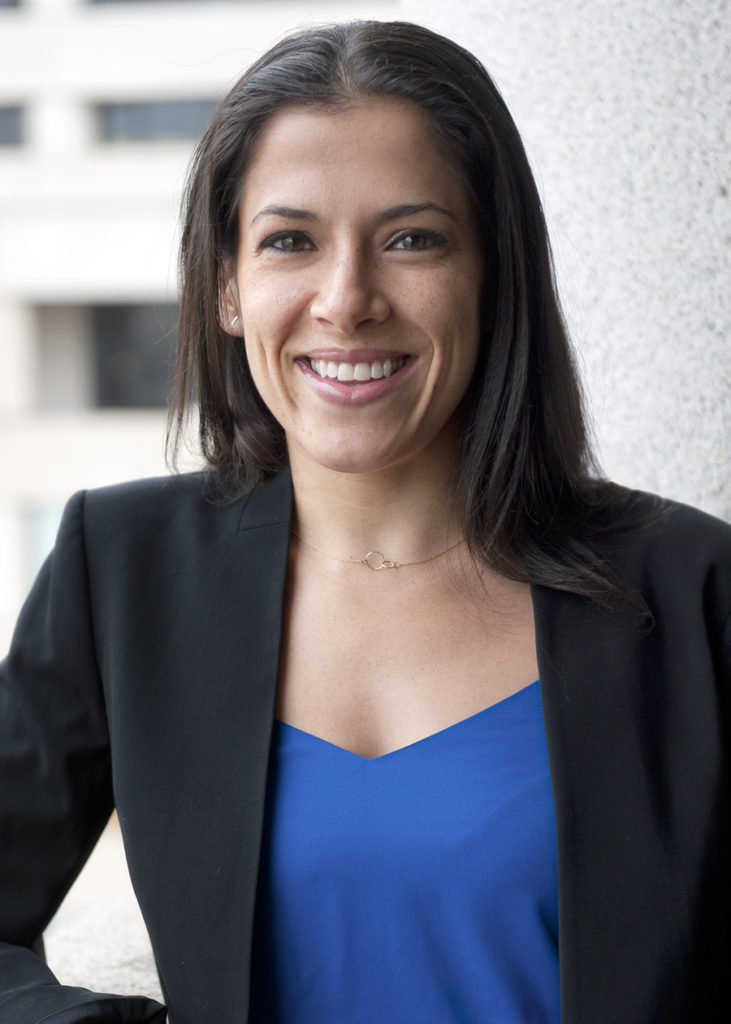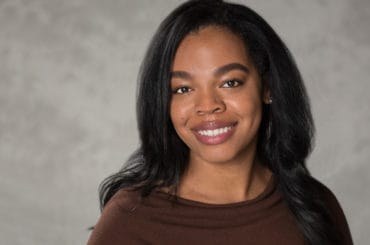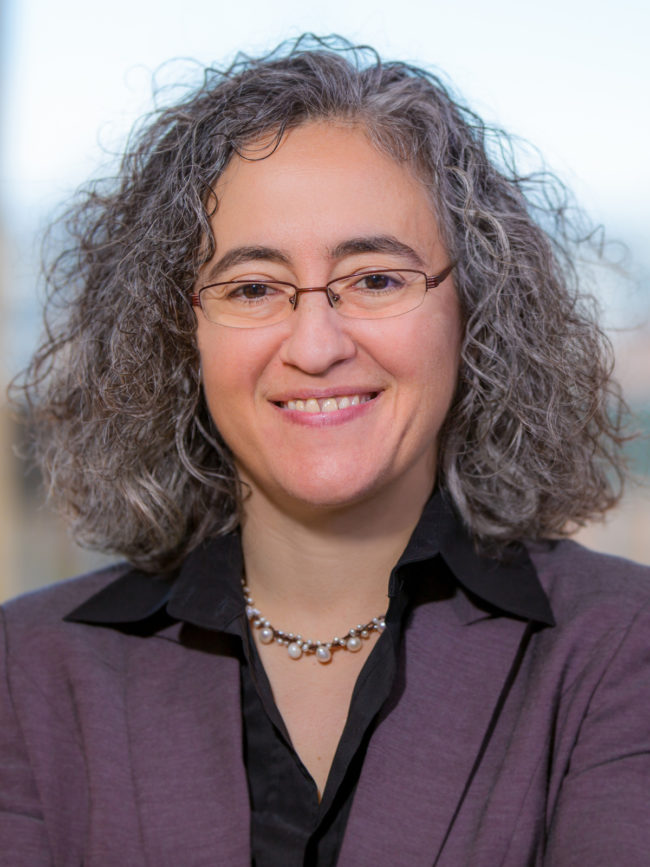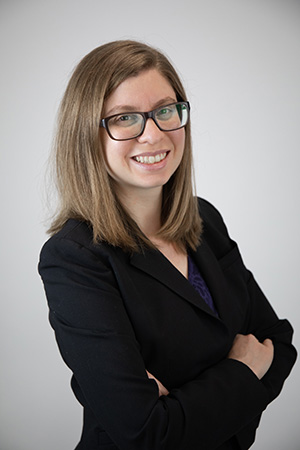Dollar for Dollar NOW: From Pay Equity to Paid Leave, The Push for Economic Justice
March 17, 2022, at 7:00 pm ET

In society, money is equated with financial freedom: a freedom currently denied to women in drastic ways. Women face gender discrimination in the workplace, imbalance of responsibilities in the home, lack access to care infrastructure like childcare and family leave benefits, plus many other barriers that put them at high-risk for financial insecurity.
Women are also more likely to face poverty than their male counterparts; in fact, women continue to have higher poverty rates than men in every age category as women still only make 82 cents on the dollar according to the Bureau of Labor Statistics. This disparity is even worse for women of color.
The COVID-19 pandemic has augmented the harsh economic experiences that countless women face in the United States, illustrating why lawmakers must address such inequities quickly and efficiently. December 2020 marked unprecedented rates of job losses and illustrated that the fallout from the pandemic is far from over. Women had been the group hardest hit with job losses since the start of the pandemic: with women making up 55% of net job losses, summing 12.2 million jobs lost in April 2020. On top of that women, especially women of color, took on the most essential jobs during the pandemic, working in healthcare, childcare, restaurant/service, and the domestic worker industries, which were the hardest hit during the pandemic.
Even though we are seeing some gains in 2021, the job losses that took place in two years are not outliers in the American labor landscape. These losses are emblematic of the larger issue: women’s economic security continues to be precarious. We invite NOW members and ally activists to join us for this important conversation as we continue our efforts to ensure economic justice for women. Come learn from our expert panelists on next steps we can take to create meaningful change.
Equal pay is a life-or-death issue for women—we can no longer wait for economic justice.
Speakers
Jessica Ramey Stender, Policy Director and Deputy Legal Director at Equal Rights Advocates
Jessica Ramey Stender (she/her) is Senior Counsel for Workplace Justice & Public Policy at Equal Rights Advocates, where she leads policy advocacy with a focus on pay equity, sexual harassment, pregnancy discrimination, and education civil rights and represents workers in employment discrimination cases. Jessica co-chairs the Stronger California Advocates Network, a statewide network of organizations and advocacy coalitions promoting policy reform to improve economic security for women and families. She is also Co-Chair of the Women’s Rights Committee of the American Bar Association’s Civil Rights and Social Justice Section and the Policy Committee of the National Taskforce on Tradeswomen Issues, and a member of the Policy Committee of the Equal Pay Today campaign. She also serves on the Board of Governors of California Women Lawyers. Jessica regularly speaks and writes about issues related to equal pay, gender equity, and workplace rights, and was named one of the Top Labor & Employment Lawyers in California by the Daily Journal.
Jessica previously served as Legal Director of Centro de los Derechos del Migrante, Inc. (Center for Migrants Rights), a transnational migrant workers’ rights organization and was a Civil Rights Fellow at Goldstein, Borgen, Dardarian & Ho, where she represented workers in civil rights and employment class action cases. Jessica graduated from U.C. Berkeley School of Law in 2009, Before law school, Jessica was a paralegal at Friends of Farmworkers in Philadelphia, providing outreach and legal assistance to migrant farmworkers throughout Pennsylvania.
Shayla Thompson, Senior Program Manager at National Employment Law Project (NELP)
Shayla is NELP’s government affairs manager. Shayla supports NELP’s efforts to create and support policies and campaigns that uplift Black and Brown workers through legislative advocacy, research, and testimony. She is committed to underpinning the work of communities of impacted workers that pillar economic policy. Her tenure at NELP has included projects committed to racial equity, healthful and safe workplaces, and facilitating equity training.
Shayla is committed to infusing race and inclusion into federal advocacy and creating policy messaging that reaches all working people.
Elise Gould, Senior Economist at Economic Policy Institute (EPI)
Elise Gould is a senior economist at the Economic Policy Institute, a non-profit, non-partisan think tank in Washington, DC. She conducts research on employment, wages, inequality, poverty, and childcare. Gould is a co-author of The State of Working America, 12th Edition; published in venues such as The Chronicle of Higher Education, Challenge Magazine, and Tax Notes; and written for academic journals including Health Economics, Health Affairs, Journal of Aging and Social Policy, Risk Management & Insurance Review, Environmental Health Perspectives, and International Journal of Health Services. Gould has been quoted by a variety of news sources, including Bloomberg, NPR, The Washington Post, The New York Times, and The Wall Street Journal, and she has testified before various U.S. House and Senate committees. She holds a Masters of Public Affairs from the University of Texas at Austin and a PhD in economics from the University of Wisconsin at Madison.
Michelle McGrain, Director of Congressional Relations for Economic Justice, National Partnership for Women and Families
Michelle manages federal policymaker relationships and directs legislative strategy within the organization’s economic justice portfolio, with a particular focus on paid family and medical leave, paid sick days, equal pay, pregnancy discrimination, and workplace harassment. Prior to joining the National Partnership, Michelle served on the legislative teams for Senator Barbara Mikulski and Congresswoman Jackie Speier. Outside of work, Michelle was part of the lead volunteer team that helped enact the District of Columbia’s paid family and medical leave law. Michelle lives in Washington, D.C., and holds a Bachelor of Arts and a Master of Public Policy from the University of Maryland.



